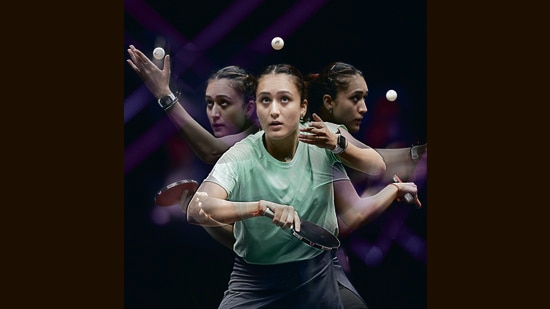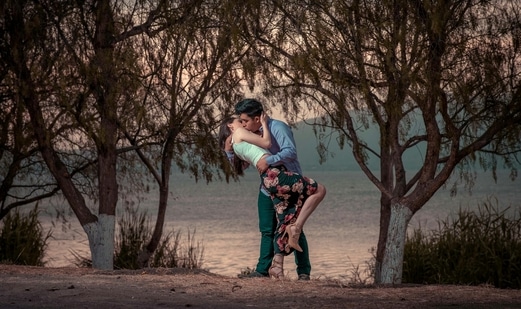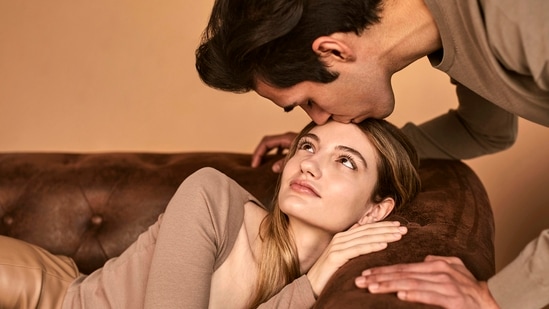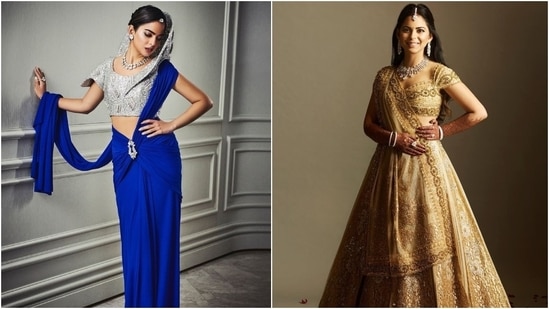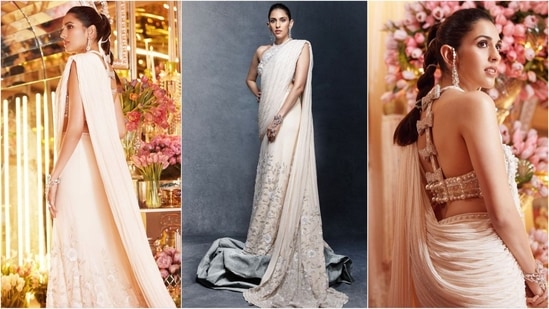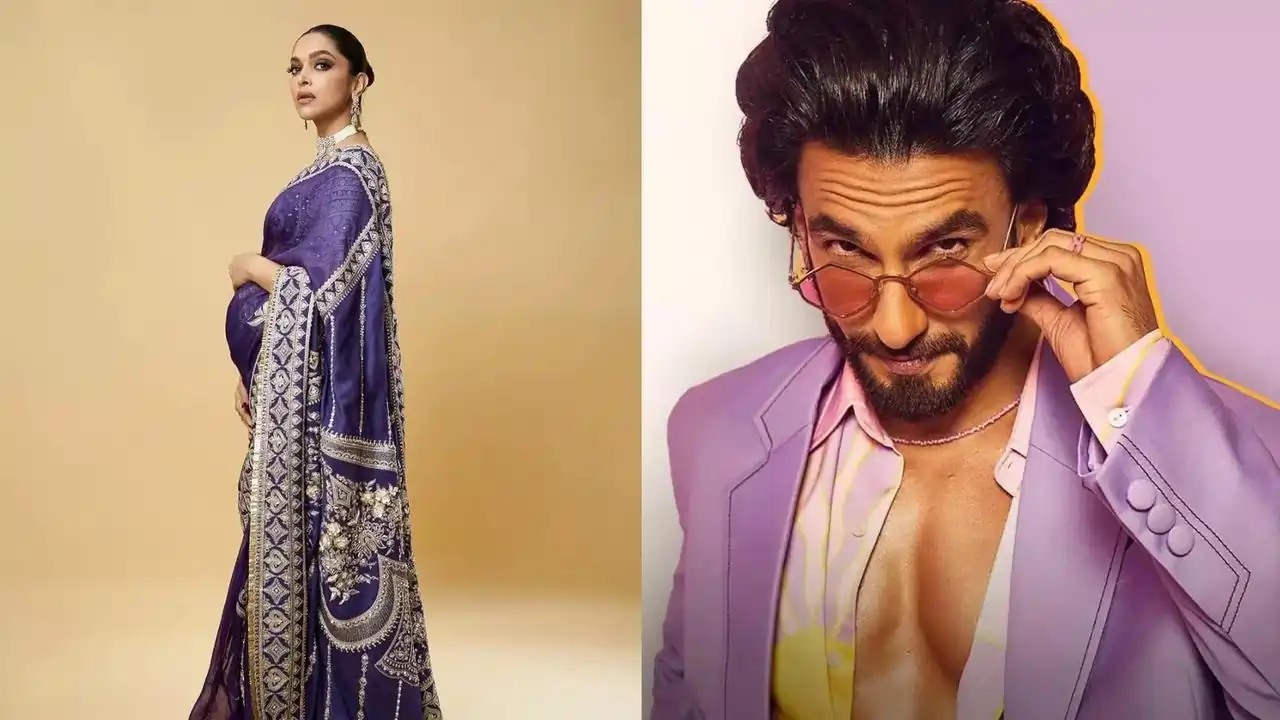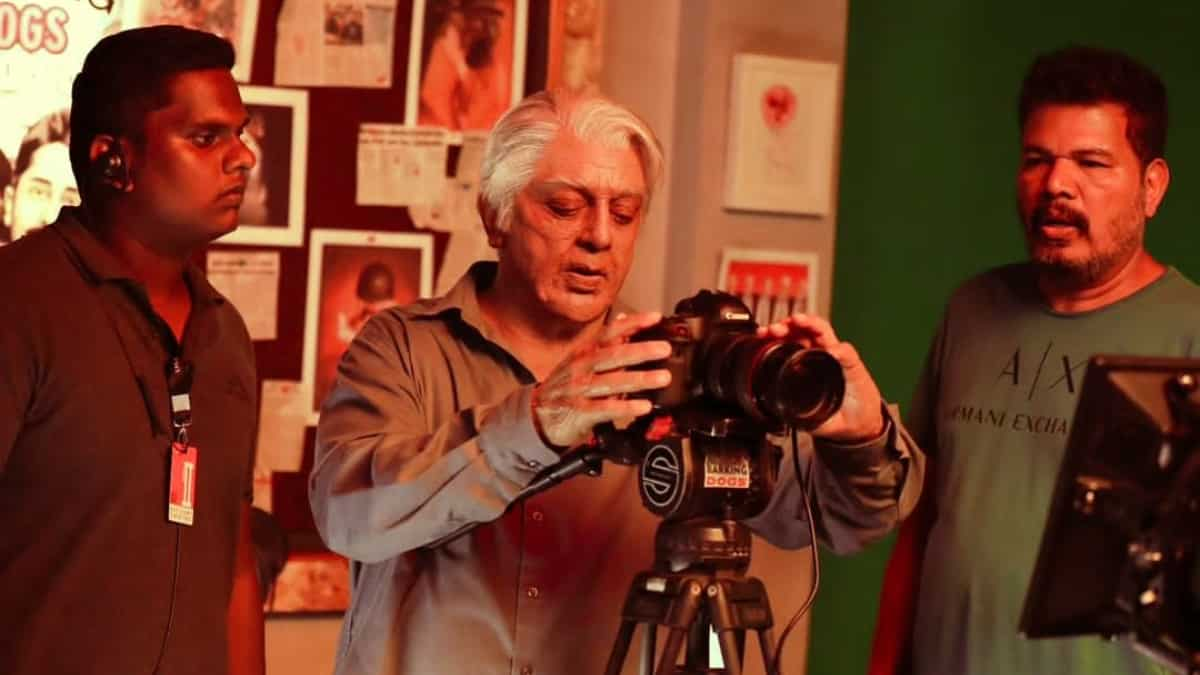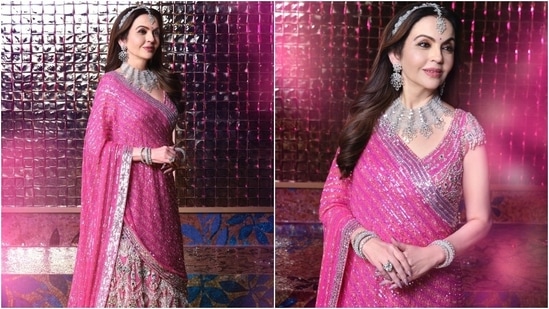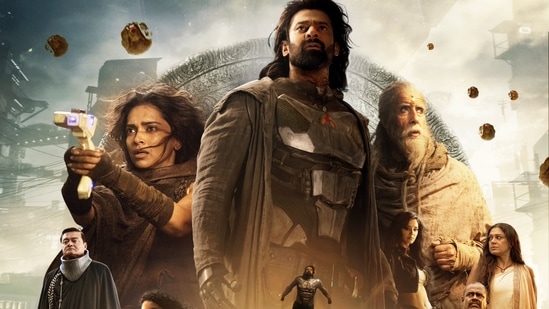
To tag or not to tag? Get your online mentions right with this guide
1 month ago | 29 Views
You’ve been tagged. But you wish you hadn’t. Because now, there’s the obligation of liking, reposting or otherwise acknowledging what you’d rather have ignored. Or worse, un-tagging yourself, and feeling almost like you’re cutting ties with the tagger. Nobody asked for this!
Online networks keep us close, but they also tether us in ways we don’t need. Must every colleague need to know what one employee drank the previous night? Are we all expected to promote one friend’s candle business for weeks on end? What to do when Uncle tags you on a post about Israel, local politics, veganism or faux feminism?
Here’s what to do, as tagger and tagged, with help from those who’ve been there.

Be picky. No one wants to be tagged in a group photo unless they’re in it. “It’s only okay if they’re related to the event,” says musician Rishab Rikhiram Sharma, 25. Platforms such as X and Instagram allow users to set filters on who can tag them in posts and pictures. Karan Pherwani, vice-president at Chtrbox, which handles social media for content creators, suggests activating these filters to weed out advertisers and strangers. “Tagging is okay if you’ve mentioned them in the caption,” he says.
Don’t treat it as advertising. Besties will boost one friend’s cake business when it’s launched. Tagging them all, on every baked creation, three months in, isn’t just selfish, it’s also pointless – their followers have figured out the friends are just doing personal favours. Don’t ignore the content right away, though, says Sharma. “There are people from the fashion industry who send me Reels and ask me to promote them. I have discovered brands through it. There’s still no pressure to reshare.”
Give it the cringe test. Everyone’s joining the #MeAt3 photo trend? Everyone’s roping in everyone to participate? Before you tag your gang, consider why no one from the gang has tagged everyone already? Some trends are better observed than joined. No one wants to be a sheep. Pherwani suggests asking a group before tagging “to avoid potential discomfort”.

Go back to your ex. Your former collaborators, that is. It can serve as a reminder or invitation for them to recreate or repost the content, says Pherwani. It reinforces your professional relationship and increases the likelihood of their participation. “Reach out personally to discuss the idea,” he adds.
Find a different approach. Tagging someone “Let’s go!” on a post about travelling to Kazakhstan is lovely. You both want to go, anyway. But tagging them isn’t the same as booking a ticket, sorting out stay and planning the actual trip. “If you’re tagged like this, tell the person that maybe text is more useful,” suggests Pherwani. Sharma says if it’s not a close friend, “I’ll probably ask them to relax”.

Be a curator. Don’t tag people in pictures they don’t look good in or wouldn’t want to share. “If a friend is standing too far back, or has their eyes closed or is not looking good, I won’t ask for approval. I just don’t post the picture,” says Sharma. “In a professional setting, get approval before tagging to maintain professionalism,” says Pherwani.
Run a fact check. Nothing is more annoying than someone tagging you in a post simply to ask “Is this true?” when they could have looked it up themselves. And nothing is worse than being tagged on a misleading post and having to clarify something you weren’t even involved in. “Sharing accurate information helps build trust with your online community,” says Pherwani. Sharma restricts his online material to music, mental health and fashion. “You don’t want to overwhelm followers with unrelated content. The same applies when you are tagging someone,” he says.
Read Also: draw three: city sketchers explain why their art scores over photos


